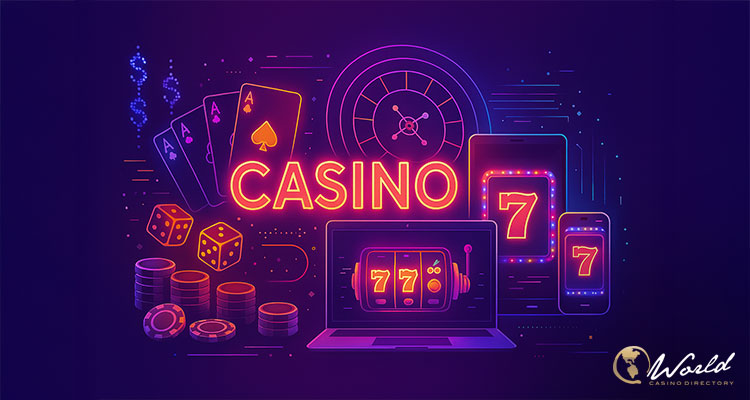The surge in online casino popularity highlights a notable trend: platforms operating without self-exclusion systems. These casinos offer a unique gaming experience by providing fewer restrictions, but they also pose potential risks that players must consider carefully.
In the dynamic landscape of online gambling, some casinos opt to function outside self-exclusion frameworks like CRUKS, which are designed to help players manage their gambling habits by allowing voluntary restrictions on access. Despite the benefits of self-exclusion, platforms such as casino.zonder-cruks attract players seeking greater freedom and flexibility.
Features of Casinos Without Self-Exclusion
Casinos that do not implement self-exclusion systems create a distinctive gaming environment. These platforms appeal to players who desire autonomy and fewer barriers in their gaming journey. The absence of self-exclusion measures requires players to rely on personal discipline to manage their gambling activities. While this freedom can be enticing, it demands mindfulness of gaming habits to prevent potential issues.
These platforms typically offer instant withdrawals and deposits through various payment methods, including cryptocurrencies. The registration process is often streamlined, requiring minimal personal information compared to regulated casinos. Many of these sites also feature live dealer games, slots from multiple providers, and sports betting options, creating a comprehensive gambling ecosystem that caters to diverse player preferences.
Why Dome Players Prefer These Platforms
The allure of online casinos without self-exclusion systems lies in their varied offerings and the perception of increased autonomy. These platforms often boast extensive game selections and attractive bonuses, appealing to both new and seasoned gamblers. Players enjoy the variety and excitement these casinos provide, enhancing their overall gaming experience. However, the lack of regulatory oversight necessitates caution and responsibility in gambling practices.
Another significant factor driving players to these platforms is the privacy they afford. Without strict verification requirements and self-exclusion databases, users can maintain greater anonymity while gaming. Additionally, these casinos often feature higher betting limits and more flexible bonus terms, attracting experienced players who seek fewer restrictions on their gaming activities. The absence of national gambling restrictions also means players can access these sites from various jurisdictions.
Potential Risks and Responsible Gaming
Engaging with online casinos that lack self-exclusion systems involves certain risks. Without external checks, players may be more vulnerable to developing unhealthy gambling behaviors. It is crucial for individuals to practice self-regulation and set personal limits to maintain control over their gaming activities. By being informed about responsible gambling practices and making conscious decisions, players can navigate these platforms safely and enjoyably.
Many reputable gaming organizations recommend that players regularly monitor their habits and seek support if gambling begins to impact their finances, relationships, or wellbeing. Tools such as spending trackers, time reminders, and voluntary cool-off periods can help maintain a healthy balance. Even when self-exclusion systems are absent, players can still take proactive steps to protect themselves by setting strict budgets, taking regular breaks, and reaching out to responsible gaming helplines when needed.


